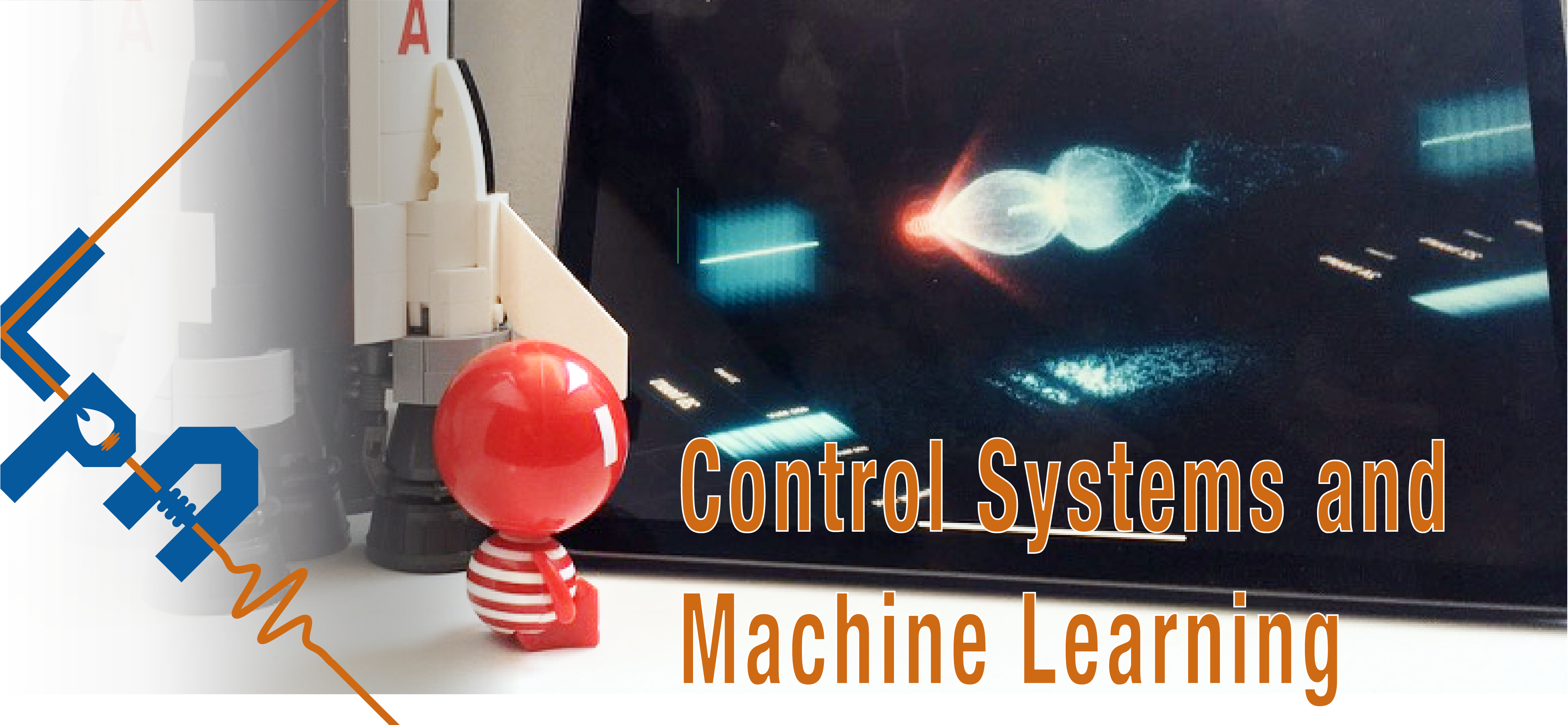Sprecher
Beschreibung
Numerical simulations of complex systems such as Laser-Plasma acceleration are computationally very expensive and have to be run on large-scale HPC systems. Offline analysis of experimental data is typically carried out by expensive grid scans or optimisation of particle-in-cell code like PIConGPU modelling the corresponding physical processes. Neural Network based surrogate models of this simulation drastically speeds up the analysis due to fast inference times promising in vivo analysis of experimental data. The quality of that surrogate model, in terms of generalisation, depends on the stiffness of the problem along with the amount and distribution of training data. Unfortunately, the generation of training data is very storage-intensive especially for high-fidelity simulations in the upcoming exascale era. We therefore need to rethink the training of surrogate models to tackle memory- and space limitations of current HPC systems. This is achieved by translating continuous learning from Computer Vision to surrogate modeling while additional regularization terms are introduced to foster the generalisation of the surrogate model. The training of the neural network is carried out simultaneously to a concurrent PIConGPU simulation without the need to write training data to disk. The IO system for moving data via streaming methods from the simulation to the concurrently running training task is built with the openPMD-api and ADIOS2. A proof-of-principle is demonstrated by training of a 3d convolutional autoencoder that learns a compressed representation laser wakefield acceleration performed by PIConGPU via streaming.
